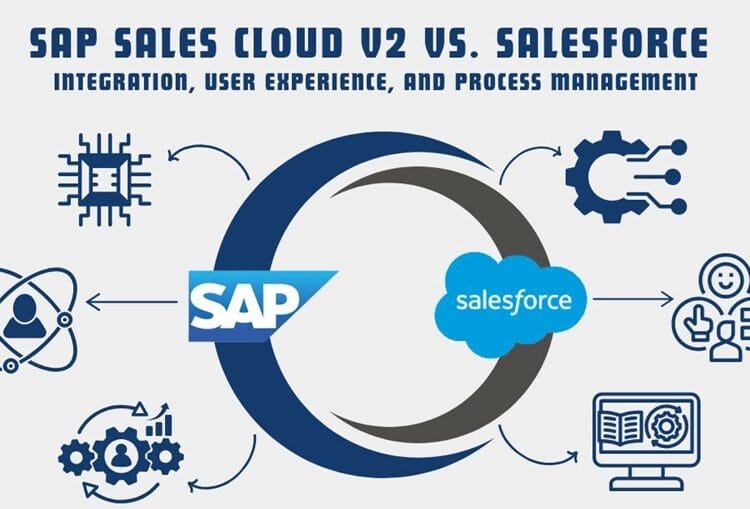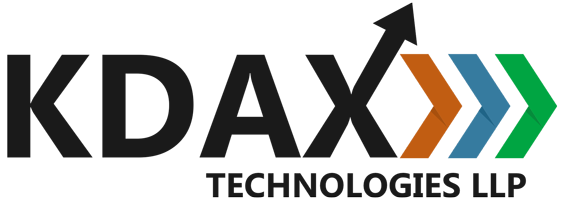
When it comes to choosing a CRM, both SAP Sales Cloud V2 and Salesforce have strengths.
Let’s dive into their integration, user experience, and sales process management capabilities to help businesses make an informed decision.
Integration:
- SAP Sales Cloud V2 seamlessly integrates with the entire SAP ecosystem, including SAP ERP, CRM, and Marketing Cloud. This makes it particularly advantageous for businesses already invested in SAP solutions. Additionally, it supports third-party applications, enhancing workflow automation. This flexibility ensures that businesses can incorporate various tools and services without hassle, making SAP a preferred option for organizations looking for cohesive systems.
- Salesforce stands out for its robust third-party integrations. It supports integration with various external platforms like Marketo and social media profiles, providing businesses the flexibility to connect with a wide array of services. Furthermore, Salesforce offers API support for easy data migration and integration, which is beneficial for businesses transitioning from different systems. The platform is designed to accommodate diverse business requirements, enabling companies to build a customized solution that suits their needs.
User Experience
- SAP Sales Cloud V2 offers a modern user interface designed with cloud-native technologies. The interface is optimized for easy navigation and efficient task management, allowing users to access features like Elastic Search for global search capabilities. This focus on usability ensures that users have a smooth experience, which is essential for maintaining productivity.
- Salesforce provides a highly customizable UI, allowing businesses to tailor their CRM to meet specific needs. The platform also has a robust mobile app for on-the-go access, ensuring that sales teams can work effectively from any location. This feature is particularly beneficial for companies with a remote or traveling workforce, as it ensures that they stay connected and productive regardless of their location.
Sales Process Management
- SAP Sales Cloud V2 offers Guided Selling features that provide contextual guidance for lead nurturing and opportunity progression. It also includes tools like Forecast Tracker and Pipeline Manager, which allow users to simulate various scenarios and manage sales pipelines efficiently. This approach provides users with a systematic method for managing sales processes, ensuring that they stay on track with their targets.
- Salesforce excels in Sales Automation with features that include lead management, opportunity tracking, and workflow automation. It also leverages AI-powered tools for sales predictions, opportunity scoring, and automated follow-ups. These features are designed to streamline the sales process, making Salesforce a powerful option for businesses looking to automate and optimize their sales efforts.
Conclusion: Both SAP Sales Cloud V2 and Salesforce offer comprehensive CRM solutions with unique strengths. While SAP shines with its seamless integration and guided selling features, Salesforce excels in flexibility, customization, and automation capabilities. Businesses should assess their existing infrastructure, team needs, and future growth plans when choosing between these two powerful platforms.
